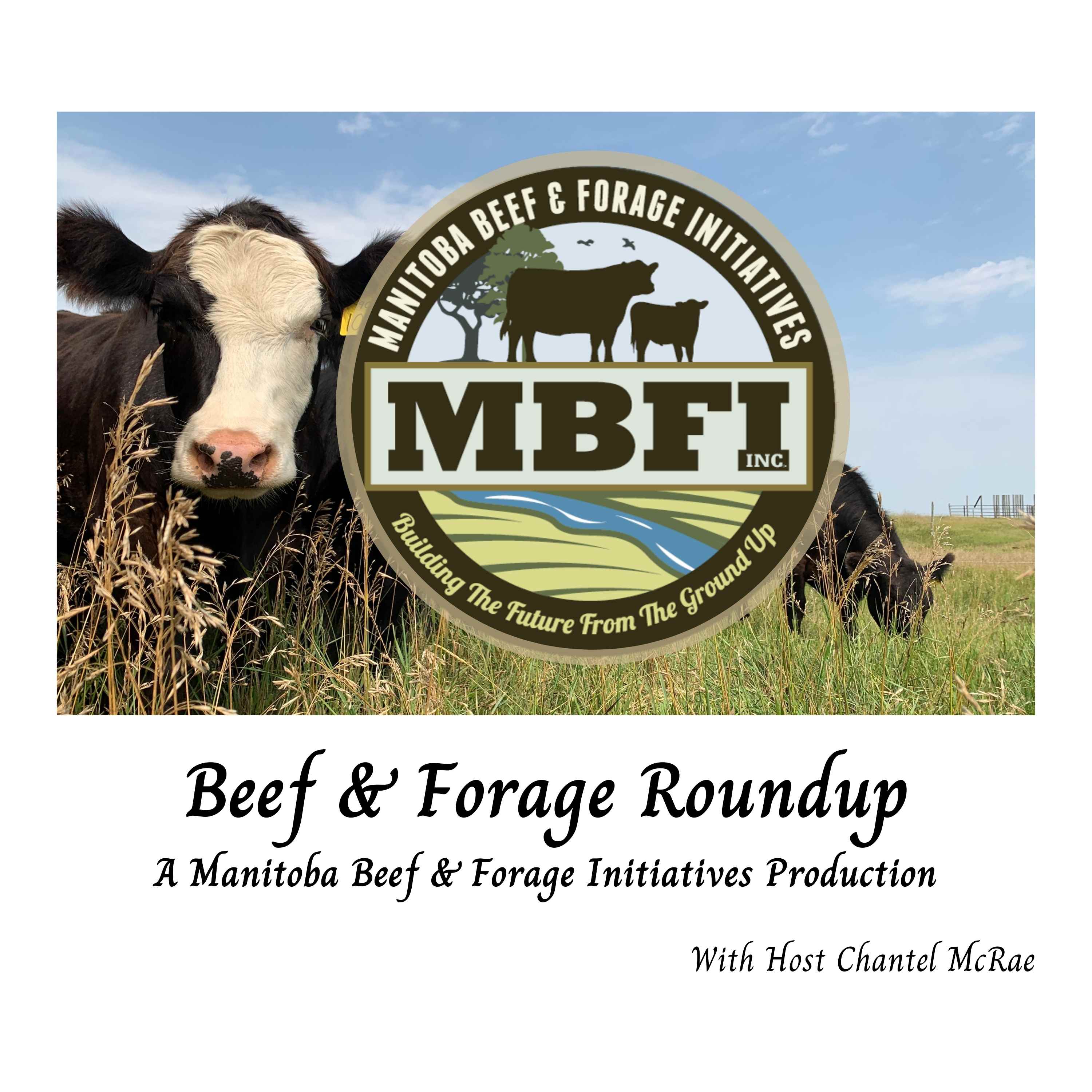- After-Shows
- Alternative
- Animals
- Animation
- Arts
- Astronomy
- Automotive
- Aviation
- Baseball
- Basketball
- Beauty
- Books
- Buddhism
- Business
- Careers
- Chemistry
- Christianity
- Climate
- Comedy
- Commentary
- Courses
- Crafts
- Cricket
- Cryptocurrency
- Culture
- Daily
- Design
- Documentary
- Drama
- Earth
- Education
- Entertainment
- Entrepreneurship
- Family
- Fantasy
- Fashion
- Fiction
- Film
- Fitness
- Food
- Football
- Games
- Garden
- Golf
- Government
- Health
- Hinduism
- History
- Hobbies
- Hockey
- Home
- How-To
- Improv
- Interviews
- Investing
- Islam
- Journals
- Judaism
- Kids
- Language
- Learning
- Leisure
- Life
- Management
- Manga
- Marketing
- Mathematics
- Medicine
- Mental
- Music
- Natural
- Nature
- News
- Non-Profit
- Nutrition
- Parenting
- Performing
- Personal
- Pets
- Philosophy
- Physics
- Places
- Politics
- Relationships
- Religion
- Reviews
- Role-Playing
- Rugby
- Running
- Science
- Self-Improvement
- Sexuality
- Soccer
- Social
- Society
- Spirituality
- Sports
- Stand-Up
- Stories
- Swimming
- TV
- Tabletop
- Technology
- Tennis
- Travel
- True Crime
- Episode-Games
- Visual
- Volleyball
- Weather
- Wilderness
- Wrestling
- Other
Extended Grazing at Brookdale Farm with Shawn Cabak
Shawn Cabak has been employed with Manitoba Agriculture since the early 1990’s and is currently the Livestock & Forage Specialist in the Portage la Prairie office. He was involved in the Manitoba Beef & Forage Initiative at Brandon and is active in the Portage area belonging to a number of associations including Mb Crop Variety Evaluation Team, the Crop Research Organization of Portage, and is past president of the Portage Skating Club and the Portage Chamber of Commerce.Shawn worked in Ukraine with the Canadian International Development Agency as both a Forage and a Marketing specialist. He graduated from the University of Manitoba’s Faculty of Agriculture with his Bachelor of Science in Agriculture.Shawn is married with two daughters, and his personal interests involve sports, hunting and helping with the family cattle farm along Lake Manitoba. In this episode, Shawn and I talk in detail about the Extended Grazing project that spanned 6 years at MBFI. During the episode, we discuss how the project was set up and implemented. This project included stockpile, swath, standing corn, and bale grazing.We also talk about considerations that need to be taken into account as far as the health of the cattle or preparing cattle to move to different types of grazing, problems that environment and weather conditions can cause when it comes to different fall or winter grazing techniques and the many environmental benefits that extended grazing can provide. Shawn shares what was noticed in terms of the difference in residue between each of the grazing applications.This is an excerpt from the research paper regarding this project, “Extended grazing through swath, corn or bale grazing returns most of the consumed nutrients directly back to the landscape where cows are fed. Manure removal and feed dispersion costs are lower and manure and feed residues contain valuable nutrients that become available to the forage on fields that may not otherwise be fertilized. This improves crop fertility and quality and can extend the grazing season.” We talk about the financial benefits extended grazing provides to producers and the overall savings in cost of production.There are some upcoming webinars and events available through Manitoba Agriculture that we wanted to include in the show notes for today’s episode:Manitoba Agriculture’s StockTalk Webinar Series information is available at the link below:https://www.gov.mb.ca/agricult....ure/online-resources and Forage Days:https://www.gov.mb.ca/agricult....ure/livestock/beef/p view the project report, with sections on each topic, please visit: https://static1.squarespace.co....m/static/59431152f7e you would like more information on Extended Grazing, please contact Shawn at 204-239-3353 or email Shawn.Cabak@gov.mb.ca.We would like to extend a sincere thank you to all project supporters who have made this research project possible, including DLF Pickseed, Northstar Seed, Secan, Zeghers Seed, Pioneer Seeds, Pride Seeds, Legend Seeds, Brett Young Seeds, Horizon Seeds, Maizex Seeds, and Canamaize.The research programs and daily operations at MBFI would not be possible without the funding from the Province of Manitoba, Government of Canada, and Canadian Agricultural Pa

